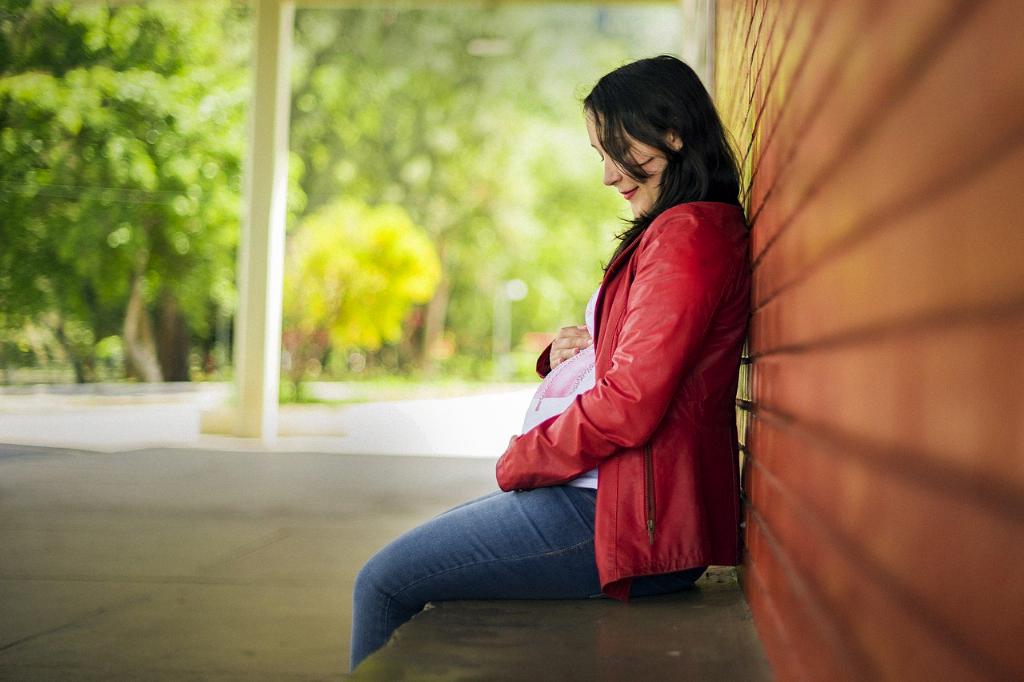After undergoing a C-section, many women have questions about when it is safe to resume sexual activity, including whether or not it is okay to engage in fingering. According to recommendations from medical experts, including the American College of Obstetricians and Gynecologists (ACOG), it is generally advised to wait at least six weeks after a C-section before engaging in any form of vaginal penetration, including fingering.
The reason for this waiting period is primarily to allow for proper healing of the incision site and for the internal tissues to recover from the trauma of surgery. During a C-section, the abdominal muscles and several layers of tissue are cut, and it takes time for these structures to heal fully. Putting anything in the vagina too soon after surgery can increase the risk of infection, delay healing, and possibly lead to complications.
It is essential to follow the advice of healthcare providers and not rush into any sexual activity prematurely. While every individual’s healing process may vary, waiting for the recommended six-week period gives the body the necessary time to heal and reduces the chances of complications.
Even if the incision from the C-section appears to be healing well on the outside, internal tissues may still be fragile and vulnerable to injury. The vaginal canal and surrounding structures need time to regain their strength and integrity before engaging in any form of sexual penetration.
Communication with your healthcare provider is crucial during the postpartum period, as they can offer personalized advice based on your specific circumstances. If you have any concerns or questions about resuming sexual activity after a C-section, don’t hesitate to discuss them openly with your healthcare provider.
While abstaining from sexual activity for an extended period after childbirth may be challenging for some individuals, it is essential to prioritize your health and well-being during the recovery process. Engaging in activities that can potentially disrupt the healing process, such as fingering, may lead to complications that could have otherwise been avoided by following medical recommendations.
Remember that every woman’s body is unique, and recovery timelines can vary. It is crucial not to compare yourself to others or feel pressured to resume sexual activity before you are physically and emotionally ready. Listen to your body, be patient with yourself, and give yourself the time and space needed to heal properly.
Additionally, engaging in other forms of intimacy and connection with your partner that do not involve vaginal penetration can be a valuable way to maintain closeness and intimacy during the healing period. Communication, understanding, and mutual respect are key components of navigating this transitional time in your relationship.
Ultimately, the decision to engage in fingering or any form of sexual activity after a C-section should be made thoughtfully and with consideration for your overall well-being. Prioritizing self-care, following medical advice, and being patient with the healing process are essential aspects of postpartum recovery.
In conclusion, while the decision to resume sexual activity after a C-section, including fingering, is a personal one, it is generally recommended to wait at least six weeks to allow for proper healing and reduce the risk of complications. Prioritize your health, communicate openly with your healthcare provider, and give yourself the time and space needed to recover fully before engaging in any form of sexual penetration.

